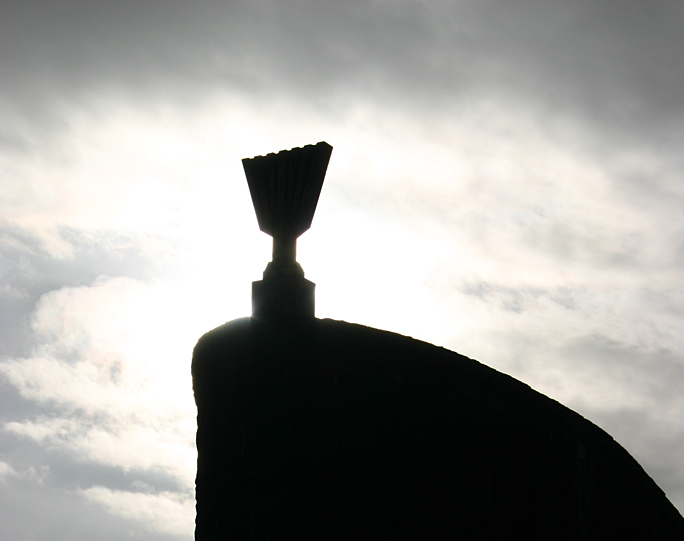T his is a quick note that Elie Wiesel — who endured the horrors of the concentration camp of Auschwitz and won the Nobel Peace Prize in 1986 — had died earlier today in New York at the age of 87…
…and the creepy trend of which I mentioned in this article apparently still reigns: I posted this article pertaining to a solemn moment at Raoul Wallenberg Emlékpark in Budapest — honoring the Swedish humanitarian who selflessly and courageously saved the lives of literally tens of thousands of Jewish people when Hungary was occupied by the Nazi regime during the Holocaust era of World War II — just yesterday; and Elie Wiesel passes on today.
The World Remembers Holocaust Survivor Elie Wiesel
According to this article written by Joseph Berger of The New York Times, Wiesel “was defined not so much by the work he did as by the gaping void he filled. In the aftermath of the Germans’ systematic massacre of Jews, no voice had emerged to drive home the enormity of what had happened and how it had changed mankind’s conception of itself and of God. For almost two decades, both the traumatized survivors and American Jews, guilt-ridden that they had not done more to rescue their brethren, seemed frozen in silence.”
Berger continues the article: “But by the sheer force of his personality and his gift for the haunting phrase, Mr. Wiesel, who had been liberated from Buchenwald as a 16-year-old with the indelible tattoo A-7713 on his arm, gradually exhumed the Holocaust from the burial ground of the history books.”
What living in a concentration camp and consistently experiencing the horrors inherent in that sort of existence was like is virtually impossible to imagine. Other than actually experiencing it — and I would never wish that on you — the closest you can get is to travel to visit a former concentration camp such as Dachau, which I visited on a cold and dreary autumn day and took plenty of photographs of my somber visit. I absolutely recommend and encourage you to travel to visit a former concentration camp in honor of Elie Wiesel — but be forewarned that it can potentially be a difficult experience as you learn what had once happened all around you as you stand in a random spot trying to understand how such viciousness could be allowed to occur from one human being to another.
The Anne Frank house in Amsterdam and various Holocaust museums around the world are also good places to learn more about what exactly happened to people of the Jewish faith in much of Europe during World War II. I have yet to visit the Anne Frank house and hope to do so on a future visit to Amsterdam.
You can also talk to an actual survivor of the Holocaust — but as Elie Wiesel sadly and unfortunately demonstrated today with his passing, their numbers are dwindling as time passes.
Summary
People become famous for a variety of reasons: being fortunate to play roles in popular movies and plays; singing a hit song; being able to hit a baseball well; or simply by opening up their lives to the world and saying and doing things so ridiculous that people follow their every word and movement…
…but Elie Wiesel was the de facto voice of the Holocaust; the face of millions of people of the Jewish faith who never had the chance to live out their lives; the voice of reason when doubt was raised by hate-filled skeptics who attempted to spread the word that the Holocaust never happened. He brought an acute awareness which “seared the memory of the Holocaust on the world’s conscience” and led to the inspired message of how we shall never forget, derived from his writings where he repeatedly wrote “Never shall I forget”; and that message transcends to all people — not just Jewish people — who suffer an unjust and inhumane fate at the hands of sadistic extremists, which still occurs in different parts of the world as you read this article right now.
Never shall we forget the message you repeatedly brought to us, Elie Wiesel. You deserve all of the honors and praise bestowed upon you. Hopefully, your tireless work will one day help make the world a safer place in which to travel freely where no one will need to worry about terrorism and organized hatred.
May you rest in peace.
Photograph ©2006 by Brian Cohen.

